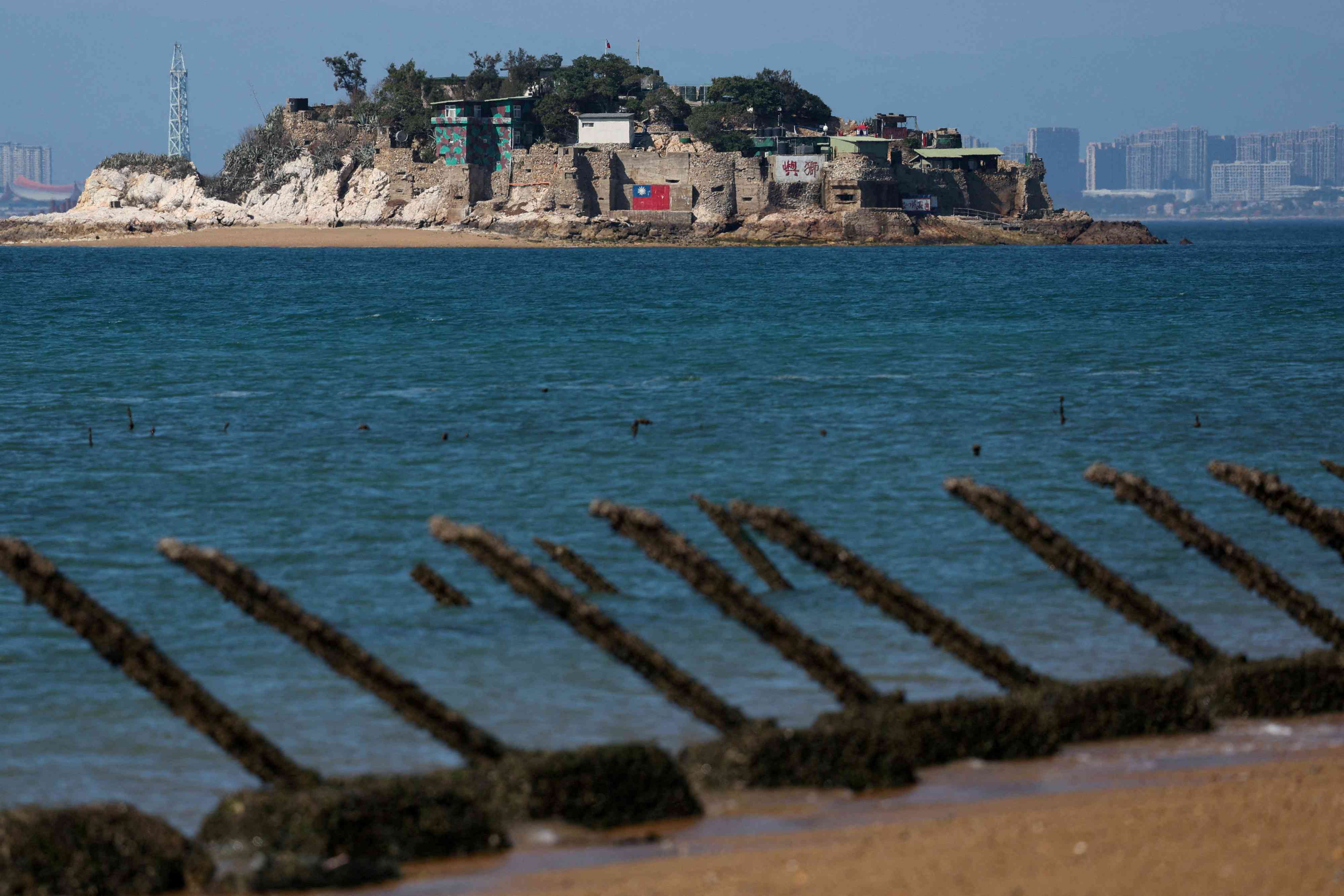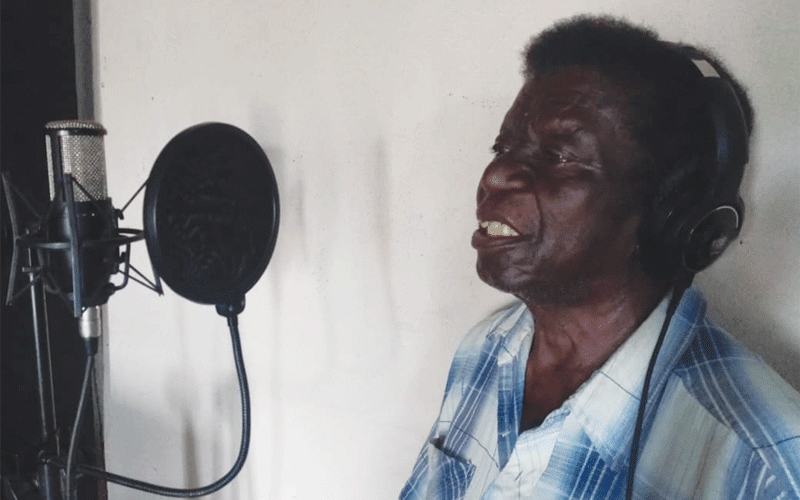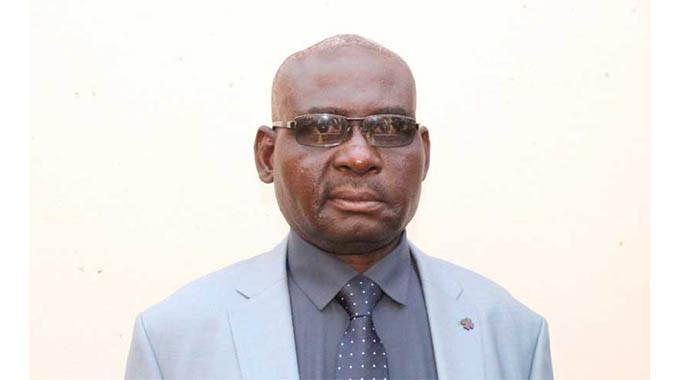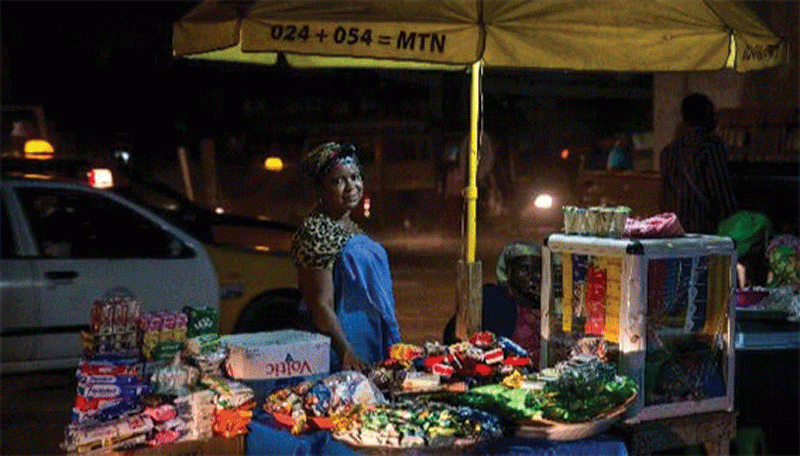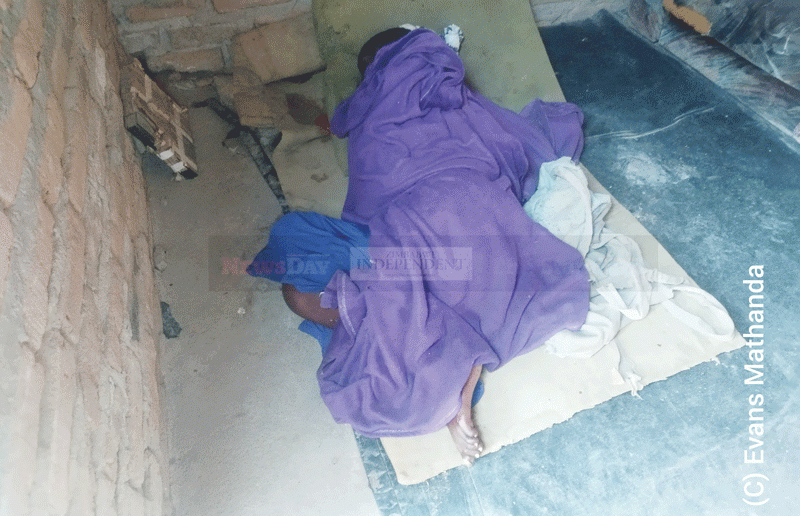
A TODDLER’S steps leading to a one small square-roomed house, where Sehlile Siziba lies on a makeshift bed covered with a violet purple fleece seem to stretch on forever as her grandmother, Regina Maphosa (78), struggled to walk.
Maphosa narrates her trials and tribulations taking care of her granddaughter, who is mentally challenged and whose mother left in 2011 and never came back.
As a journalist who grew up in the same Mxotshwa village in Lower Gwelo, I have seen my fair share of poverty and hardships, but the scene that unfolds before me is emotional.
An elderly woman, her face weathered by time and hardships, sits on a worn-out wooden stool, her eyes filled with a mixture of sorrow and resilience.
Maphosa flips through pages of her life as she narrates how she takes care of her now 22-year-old granddaughter, who was afflicted with a severe mental illness that rendered her mute and having difficulty in eating.
It has become routine that whenever I visit my rural home, I write a story which I think can positively impact my village.
This time, I have come to interview Maphosa about the challenges she has faced in all the years taking care of a mental patient, hoping to shed light on the plight of people with disabilities (PWDs) in rural Zimbabwe.
As I listen to her story, my heart aches.
- Power crisis needs practical solutions
- An unsung HIV/Aids hero spreads message of hope
- Dangers of Arab Spring in SA
- Pasuwa eyes new milestone
Keep Reading
She speaks of the immense burden she carries, of the sleepless nights and the constant worry.
Her granddaughter was abandoned by her mother in 2011, leaving the elderly woman to shoulder the responsibility alone.
“Khathesi kasadli njalo kasavuki, usehlala elele njengoba umbona. Sekuyinyanga enje (now she does not eat or move. She spends all her time sleeping just as you can see. She has been like this for a month now), Maphosa tells NewsDay Weekender, her voice quavering.
“I took her to Lower Gwelo Clinic in a scortchcart and they just referred me to Gweru General Hospital, but I don’t know how I will take her to Gweru from here. I do not have bus fare,” she says.
Maphosa bemoans the government’s neglect of PWDs.
She also describes how the community has ignored her distress call, particularly when she seeks help from the traditional leaders.
“I spoke to the village head seeking help, but up until today, there is no feedback,” she narrates, her voice filled with a deep sense of frustration and despair.
As I prepare to leave, I struggle to shake off the feeling that I have failed to adequately capture the depth of her suffering.
I try to maintain a professional detachment, to avoid letting my emotions cloud my judgment.
But in the face of such raw human pain, it is impossible to remain untouched.
About two days later, I received a phone call that shatters my heart just as I am penning this story to appeal for Maphosa’s assistance. It's a call to tell me that her granddaughter has passed away.
I realise then that my initial response has been inadequate. I had focused on the facts, the statistics, the government’s failings.
But I had lost sight of the human story, the individual suffering.
I constantly looked at my HP laptop and shifted my mind back to the village. I could see the image of Maphosa in her torn green dress, her face etched with sorrow.
Today, I visualise people marching to her home to give condolence messages.
I sense a theme of disunity in that society, yet my words will never be able to fully convey the depth of her loss.
At 22, the late Siziba did not have an identity document.
Her grandmother, Maphosa, says she had no idea how to go about the process, particularly when the mother of the child is not in the picture.
Mxotshwa village head Emmanuel Makhula acknowledges Maphosa’s plight, stating that they took it to the provincial level since they could not help.
“I am aware of that case, but we took it to the top leadership because the community cannot help. The situation is too heavy for the already struggling community,” he says.
“People are faced with hunger in their homes, though we acknowledge the efforts made by the government through social welfare.
“It’s so difficult, but I suggest that community members can assist with the little they have as that can reduce the burden she is carrying at the moment.”
According to a recent 2024 study by Unicef, around 26% of PWDs have access to social welfare programmes in Zimbabwe and critical services such as education, health, rehabilitation.
The recent launch of the Parliamentary Caucus on Persons with Disabilities is a positive development for inclusivity amid the government’s calls of leaving no one behind.
The caucus is chaired by Goromonzi West legislator Beatrice Nyamupinga.
Nyamupinga tells NewsDay Weekender that the budget allocated to the Social Welfare ministry is not enough to cater for PWDs.
“There is a need for the government to increase the budget that they give the Ministry of Social Welfare for the Department of Disabilities,” she says.
“Identification of these people needs to be done, especially in the rural areas, where most of them are kept indoors because of stigmatisation.
“As a caucus, we are also trying to engage different stakeholders to assist persons with disabilities. We will keep pushing, especially now when we are preparing for the 2024-2025 budget.”
Vungu Rural District Council chief executive officer Alex Magura reveals that through councillors, they identify PWDs and ensure that they get the necessary assistance through the Department of Social Services.
He, however, indicates that there is an urgent need to do more in a deliberate and systematic way to assist PWDs.
“We have not done much to capacitate PWDs, at least not in any systematic way. We have just assisted in an ad-hoc manner,” Magura says.
“For instance, in the last two or three years, we assisted a visually-impaired couple to acquire a residential stand, having set aside the normal requirements. We also assisted another person with disability to set up a tuckshop.”
Vungu MP Brown Ndlovu (Zanu PF) says he will work together with traditional leaders to identify PWDs and assess their situations so that they can be assisted accordingly.

